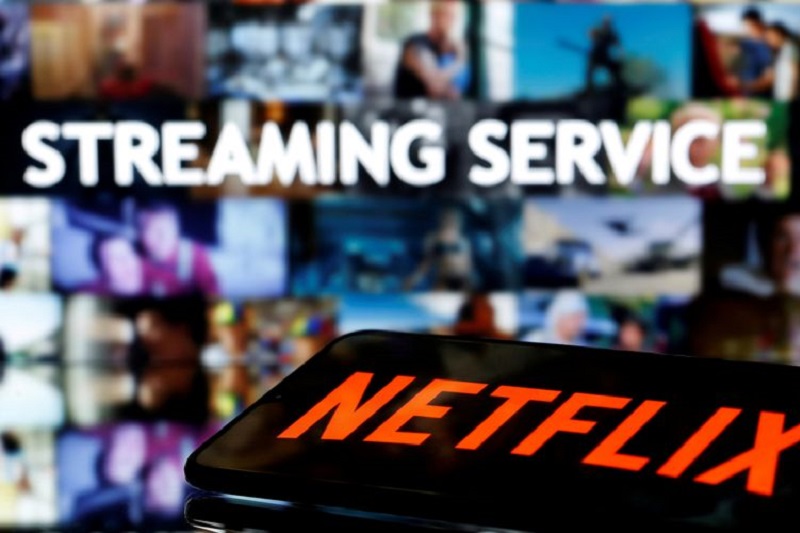By Sam Boughedda
Netflix (NASDAQ:NFLX) will report second-quarter earnings after the close on July 19, and analysts at Morgan Stanley and BofA see risks ahead.
In a note to investors Tuesday, Morgan Stanley analyst Benjamin Swinburne lowered the firm's price target on the stock to $220 from $300, maintaining an Equal-Weight rating as they see a risk to consensus estimates with rising macro headwinds driving consumers to pare back their streaming spending.
"Streaming video revenues may prove more vulnerable than expected to a global recession and lower consumer spending levels. While Netflix's leading engagement should help it retain customers, its relative price premium is likely an offset as consumers look to trim their streaming bill," the analyst wrote. "NFLX shares trade at an S&P P/E despite higher near-term expected growth. In our view, this reflects the market's lack of confidence in the long-term outlook."
Morgan Stanley has a $130 bear case on Netflix and a $300 bull case.
"Tapping into the $160bn global video advertising spending opportunity in the long term should allow Netflix to drive ARPU growth with less reliance on consumer price increases. In markets with high ad ARPUs, like the US, Netflix can offer a materially lower priced offering and unlock additional net adds without sacrificing unit economics" added Swinburne.
Elsewhere, BofA analyst Nat Schindler maintained an Underperform rating and $196 price target on Netflix in his note to clients.
The BofA analyst said they are "about even with the Street with -2.0mn paid sub adds, $8bn revenue, and well below on EPS at $2.65, driven by seasonal churn and recessionary pressures."
"If 2Q goes well for NFLX attributable to Stranger Things (S4 P1), we worry it may be vastly more hit driven than prior years. This may present a problem unless another original show captures its stature. For 3Q, our informal polling of select institutional investors suggests many believe 3Q sell-side targets may be too high and guidance could come in below Street estimates of +2.2mn adds," explained Schindler, who added that FX pressures continue to cause problems for the company.
"Weak engagement, seasonal churn have us maintain U/P."
